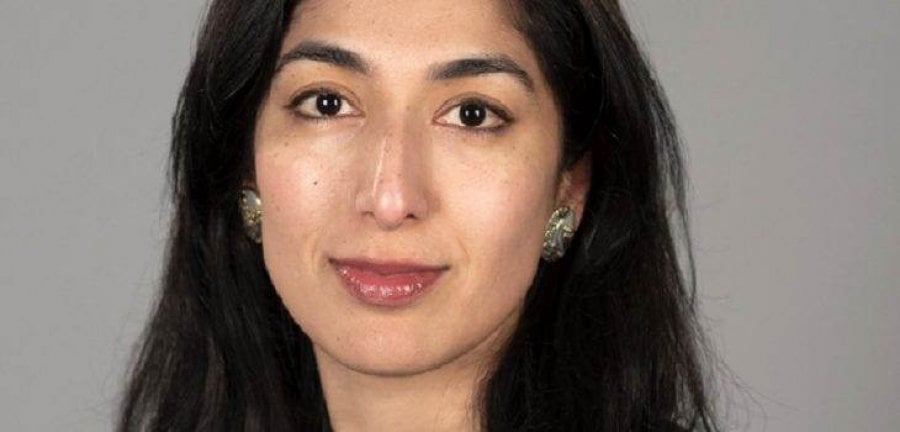COVID-19 Alumni Stories: Mishal Khan
11 August 2020 London School of Hygiene & Tropical Medicine London School of Hygiene & Tropical Medicine https://lshtm.ac.uk/themes/custom/lshtm/images/lshtm-logo-black.png
How have you been responding to the COVID-19 outbreak in your work at LSHTM?
I have been engaging in a lot of work to support policy-making and implementation in response to COVID-19. I have also been highlighting the detrimental impact of colonial and xenophobic practices in shaping COVID-19 responses.
COVID-19 has shown us that wealthy countries are not necessarily best prepared to control outbreaks. Yet, there is a myth that expertise for infectious disease epidemic control is concentrated in high-income countries and that lower- and middle-income countries (LMIC’s) are either the source of disease and or the recipients of assistance. This myth is dangerous because it has prevented some Western countries from learning lessons from countries such as China, and it can lead to lower-income countries assuming that disease models from Western countries are superior to ones that local experts could design, which is not true.
Another important point I have sought to raise is the impact of ‘debt relief’ being granted to lower-income countries in order to fight COVID-19. Recently in The Lancet, we explained that the so-called debt relief would result in the poorest countries having to make greater debt repayments in a few years, just as their health systems will require intense funding.
How do we start to decolonise the field of public health, not just in times of a pandemic, but overall, and how could this apply to LSHTM?
For me, it is critical to rebalance who holds power in terms of decision-making and finances and to move away from the assumption that public held expertise is concentrated in ‘the West’. This will allow for better decision making. The colonial approach results in the best minds from lower-income countries not being able to contribute optimally because of structural barriers to their equitable participation.
Do you have any examples of how LMIC’s have responded to the pandemic in ways that higher-income countries (HIC’s) could follow?
Yes, I make a point to share examples on twitter that challenge the narrative that LMIC’s are always learning from HIC’s! Vietnam’s response, adapted to its local context, is worth looking at. There is also a great deal of expertise in West African countries that handled the Ebola epidemic, for example, in terms of strategies for community engagement.
Do you think public health, epidemiology and related fields will be seen as more important in future due to this outbreak?
Yes, definitely. Health has now got the attention of politicians, corporates and journalists like never before. There is a huge opportunity to increase investment in health.
How was the outbreak affected you on a personal level?
I have always believed that the strongest public health professionals are those that have great technical expertise combined with knowledge of how to operate effectively in the local context. For me, this pandemic has strengthened my commitment to decolonise global health for things to improve and become more equal in the future.
Interviewer: Noreen Seyerl